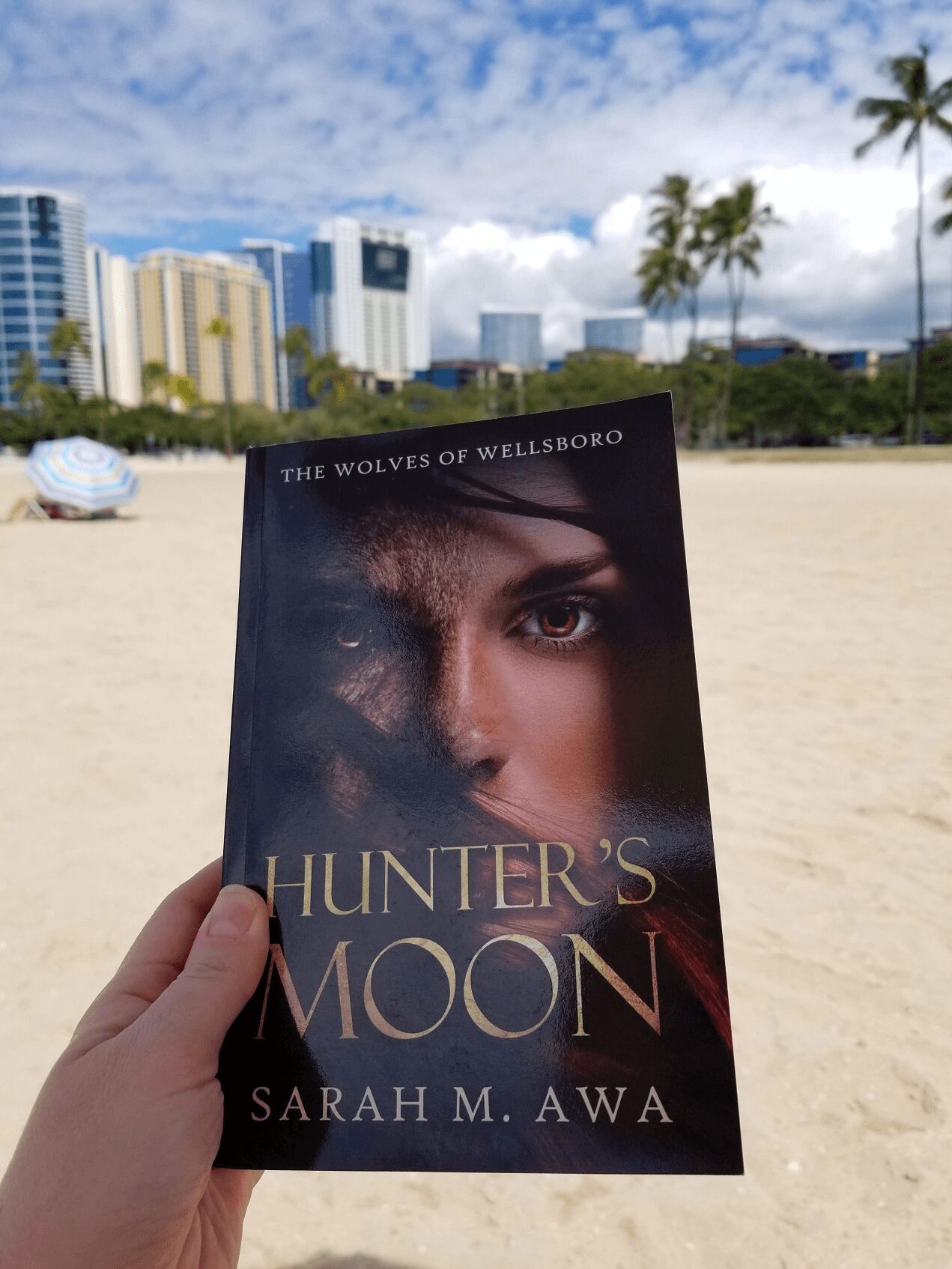

Today we’d like to introduce you to Sarah Awa.
Hi Sarah, so excited to have you on the platform. So before we get into questions about your work-life, maybe you can bring our readers up to speed on your story and how you got to where you are today?
Thinklings Books started out when three speculative-fiction-loving professional editors—Deborah Natelson, Jeannie Ingraham, and I—got together and formed a writing group. We called ourselves the Thinklings, in honor of C.S. Lewis and J.R.R. Tolkien’s group, the Inklings.
Over time, we found ourselves agonizing more and more about how messed-up the publishing industry had become. Why couldn’t good books get published? Why were so many bad books published just because their authors had big Twitter followings? We wished there were something we could do about the problem . . . and then we realized there was.
As a substantive/line editor, a proofreader, and a developmental editor, the three of us knew good writing when we saw it—and we knew how to make it even better. We had a lot of experience walking our clients through the publishing process—both traditional and self-publish—and we had contacts with marketing and design experts. We had some amazing unpublished books lined up and ready for production. We had, in fact, everything we needed to make a great publishing company. All that was left was to actually do it.
So we’re doing it.
Can you talk to us a bit about the challenges and lessons you’ve learned along the way. Looking back would you say it’s been easy or smooth in retrospect?
Thinklings Books was founded in July 2019. Little did we know what was going to happen about half a year later! We published our first book in December 2019 and our second book (mine, Hunter’s Moon) in January 2020. Then the pandemic hit, we took a big financial loss, and one of our founders was forced to drop out. Needless to say, it was all hugely discouraging, and we almost called it quits.
But we’re determined to stick around because of how deeply we believe in our mission. Thinklings exists so that more voices can be heard and more well-deserving books can be published. These days, the big publishers are only looking for a narrow range of stories, focusing on profit over quality, and basically gatekeeping the industry. But we do realize that there are too many fantastic books out there for them to handle, and self-publishing isn’t right for every author, so we’re here to (as Sam Gamgee would say) “share the load.”
Thanks – so what else should our readers know about your work and what you’re currently focused on?
Aside from being Thinklings’ COO, I’m also one of its authors. I write urban fantasy about werewolves in college. Not only do I love to craft an exciting, suspenseful story that keeps readers guessing, but I also draw from personal experience in exploring themes of illness and isolation and not fitting in anywhere. Having to hide your true self for fear of rejection or worse. I’ve had a chronic illness for 18 years, and a couple of years ago, I realized that I’m neurodivergent. Both of these aspects of myself have shaped my writing . . . how could they not? I hope that the themes in my books will resonate deeply with others who have the same struggles.
I feel great pride whenever my editor suggests changes, I make them, and then she says how impressed she is with the improvement in my writing skills. No book is perfect, and every author is on a lifelong journey. Seeing progress (and having the support of another editor/writer/friend) is what keeps me pursuing my writing dream.
Thinklings’ books are all known for their quality of writing, and it’s largely because we’re a team, honing and sharpening each other’s skills. Each book is given two thorough edits and proofreads before publication. We founders started out as editors and are thus dedicated to quality, and we don’t publish anything we don’t absolutely love, ourselves.
Where do you see things going in the next 5-10 years?
With the developments in AI technology, more and more people are starting to use it to help them in some capacity with their book. I don’t think that is going to go away anytime soon. I’m still working through the ethical implications of the various AI uses by writers, like creating book covers or helping to generate story ideas or outline a plot.
But I don’t believe that AI by itself can write a good book, because it doesn’t have a heart and soul to pour into it. It is merely a tool to synthesize information, not create new ideas or provide insight based on experience. Human writers will always be needed. I hope and pray that authors will not become lazy and just use AI as a shortcut or a means to an end, such as financial gain. After all, we operate in the sacred realm of art. We can’t stop honing our skills and trying our best to craft stories full of heart, imbued with the essence of who we are. No matter what new tools we might have now, we must use them responsibly and not lose sight of how important real art is to our society.
Contact Info:
- Website: https://www.thinklingsbooks.com
- Instagram: https://www.instagram.com/thinklingsbooks
- Facebook: https://www.facebook.com/ThinklingsBooks
- Twitter: https://twitter.com/thinklingsbooks
- Youtube: https://www.youtube.com/@thinklingsbooks
- Other: https://www.tiktok.com/@thinklingsbooks





Image Credits
Photos taken by Sarah and Oscar Awa. Book cover designs by Nada Orlic.











